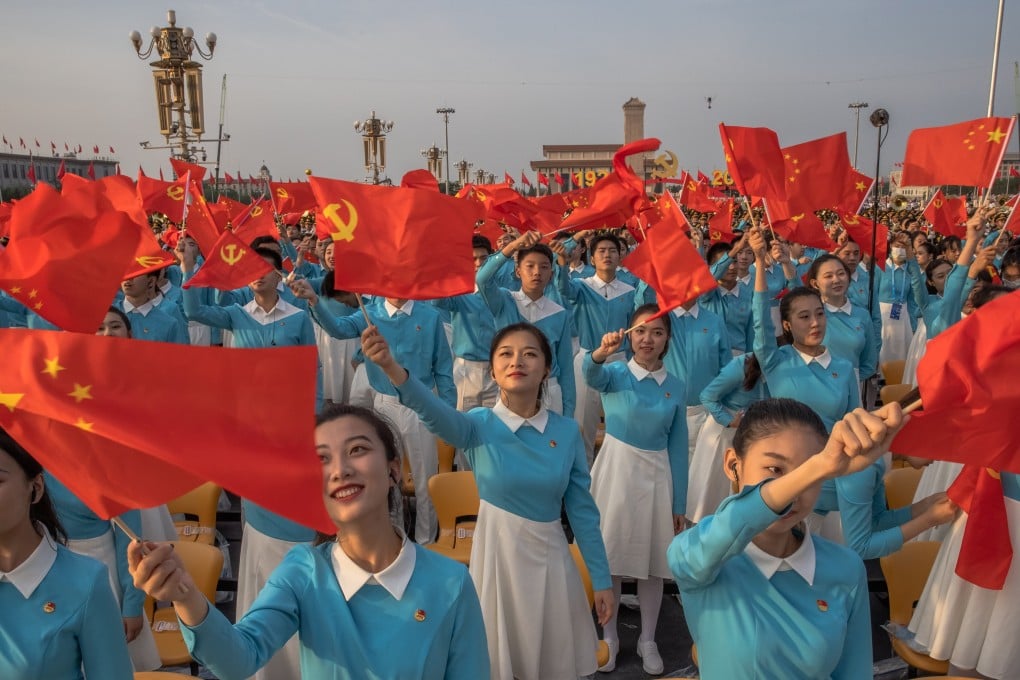Letters | Why communist China succeeded but the Soviet Union failed
- Readers write about the factors that led to the differing outcomes of the Chinese and Soviet attempts to open up, how to encourage supermarket chains to support food labelling, and a hospital’s exemplary caregiving

First, it is because of the difference between Chinese leader Deng Xiaoping and Russian leader Mikhail Gorbachev. The two men embarked on similar policies at around the same time.
Deng started the reform and opening up policy in 1978, and Gorbachev initiated the perestroika (restructuring) and glasnost (openness) programme in the mid-1980s. Deng allowed only economic freedom, but not political freedom, and did so gradually (“crossing the river by feeling the stones”). The Russians tried to do both – economically and politically – and hoped to hasten the transformation by “shock therapy”. In hindsight, we can tell which one was right.
Second, Hong Kong is a factor in the differing results. Deng had a road map for capitalism and a market economy. The Russians had none.
Under their British colonial masters, Hongkongers had little political freedom but were allowed the freedom to make money, within the bounds of the law. This Hong Kong model of authoritarian government plus a free economy and the rule of law (but no democracy) has been embraced by the Chinese government and the Chinese people wholeheartedly.
The model fits well into the 2,000 years of Confucius’ teaching of obedience to authority and family/individual discipline, which was combined with the rule of law tradition instituted by the British. The result is the transformation of a fishing village into an international financial centre. Meanwhile, a poor country became the world’s second-largest economy.